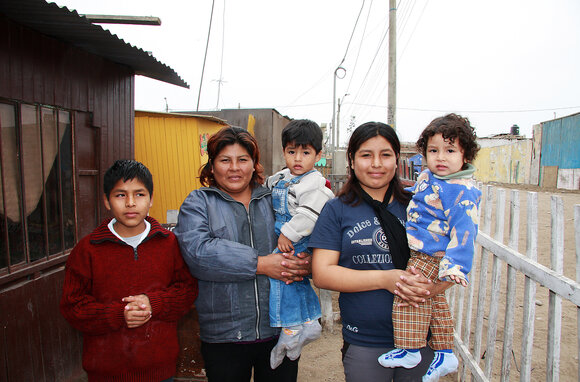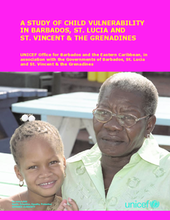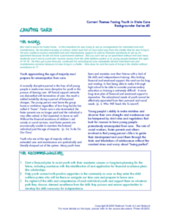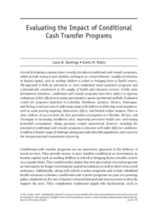This page contains documents and other resources related to children's care in the Americas. Browse resources by region, country, or category.
Displaying 2981 - 2990 of 3053
A guide for faith-based organizations working in developing countries on issues related to orphans and vulnerable children. Contains examples of successful community-based and family support care programs throughout the world that are run by faith-based groups. Discourages the use of institutional care and orphanages.
The report details the scale and nature of migritaion by children entering the United States. It includes policy analysis and recommendations around the protection of seperated and unaccompanied children.
Since 1986, American parents have adopted over 17,300 children from Guatemala. This study assessed the health, growth, and developmental status of 103 Guatemalan adopted children (48 girls; 55 boys) after arrival in the United States. Physical evidence suggestive of prenatal alcohol exposure and adequacy of vaccinations administered were also reviewed.
Country-based analysis of child vulnerability in Barbados, St. Lucia, and St. Vincent & the Grenadines. Includes statistical and demographic data on vulnerable populations. Identifies specific barriers to meeting regional needs in child protection.
Documents a unique survey on the impact of AIDS on populations of disabled people. Particular emphasis on identifying disability-specific concerns.
This one-page document identifies some difficulties that youth face in leaving institutional care. Offers recommendations to assist financial, emotional, and educational preparation for emancipation.
This paper examines the short-term impact of conditional cash transfer programs in comparison to traditional social assistance programs. Programs in Colombia, Honduras, Jamaica, Mexico, Nicaragua and Turkey are highlighted.
This document highlights a children’s saving program in the state of Missouri, USA. The five-year initiative focuses on increasing financial knowledge and self-efficacy, as well as saving accounts, among children and parents. The end goal is to increase student engagement in post-secondary education and training.
Economist article which argues for changes in US federal welfare funding to maintain family unity and reduce the numbers of children entering into foster care.
A series of papers examining kinship care options and programs in the US which address low socio-economic status, culturally appropriate care, exemplary models of kinship care, and public policy.








